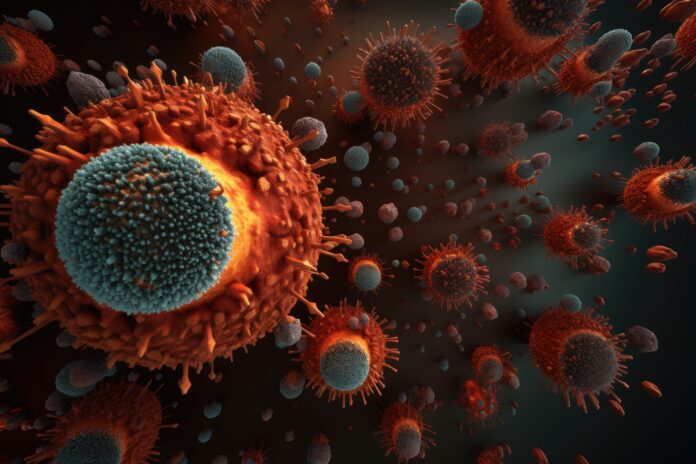A recent phase 3 clinical trial, detailed in JAMA by Ganesh Raghu and colleagues, has concluded that pamrevlumab, a monoclonal antibody, does not effectively slow the decline in lung function for individuals with idiopathic pulmonary fibrosis (IPF) when compared to a placebo. This finding contradicts promising results observed in earlier phase 2 trials.
The study, involving 356 IPF patients aged 40 to 85 years, took place across 117 sites in 9 countries between July 18, 2019, and July 29, 2022. Participants were randomly assigned to receive either pamrevlumab or a placebo intravenously every 3 weeks for 48 weeks.
The primary outcome, which measured the absolute change in forced vital capacity (FVC) from baseline to week 48, showed no significant difference between the two groups. Secondary outcomes, including time to disease progression and patient-reported symptoms, also failed to reveal any notable distinctions.
Regarding adverse events, both groups experienced similar rates, with treatment-related events occurring in over 80% of participants. Mortality rates were comparable between the pamrevlumab and placebo groups.
As reported by Medical Dialogues, these findings suggest that pamrevlumab does not offer substantial benefits over existing treatments for IPF such as nintedanib and pirfenidone. Further research into alternative therapies remains imperative for improving outcomes in IPF patients.
























